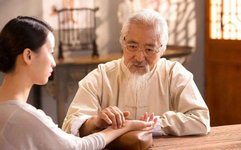Traditional Chinese Medicine (TCM) refers to medications used for the prevention and treatment of diseases based on TCM theories, which include various plant, animal, and mineral substances. The application of TCM requires guidance from TCM theories; otherwise, it cannot be considered “traditional Chinese medicine.” For example, Germany has many herbal medications, but their application is not based on TCM theories, thus they are not classified as “traditional Chinese medicine” or “Chinese patent medicine,” but rather as “natural medicines.”
The guidance of TCM theories cannot be separated from the four diagnostic methods of TCM: observation (望), listening and smelling (闻), inquiry (问), and palpation (切). A TCM prescription (方) requires a physician to conduct detailed “observation, listening, inquiry, and palpation” to analyze the causes and mechanisms of the disease, and then combine this with variations based on “individual, location, and timing” to provide a reasonable prescription. This is the biggest difference from Western medicine.
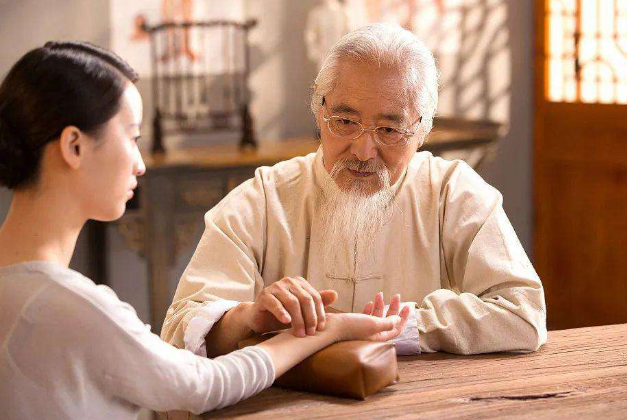
After the physician issues a prescription, the pharmacist will prepare the medication according to the prescription. How is the medication taken? This leads us to the issue of TCM formulations.
In addition to decoctions, traditional TCM formulations include various other forms. As early as in the Huangdi Neijing (黄帝内经), different forms such as decoctions (汤), pills (丸), powders (散), pastes (膏), and elixirs (丹) were documented, with clear regulations on the preparation methods, dosages, and indications for each formulation.
A decoction, commonly referred to as a soup medicine, is a liquid form obtained by boiling herbal pieces or coarse granules in water, straining out the residue, and consuming the liquid. It is currently the most commonly used form. TCM decoctions are made by taking herbal medicine from the pharmacy and preparing it at home; traditional TCM requires careful and slow boiling, and it is not recommended to use machines in hospitals or pharmacies for decoction. The advantages of TCM decoctions are that they retain many effective components, but they also have many drawbacks: they are labor-intensive, unpalatable, require large volumes to consume, have a bitter taste, and are not easy to carry. Decoctions can indeed be difficult for children to take.
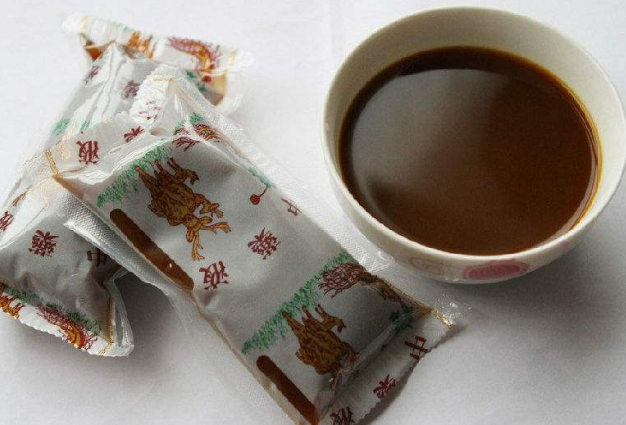
Syrups are a type of formulation where TCM decoctions are first prepared and then concentrated over low heat to form a syrup-like preparation. They have a certain viscosity, are palatable, require a smaller dosage, and are convenient to carry, with effects similar to those of TCM decoctions. For specific details, refer to the article on “Preparation Techniques and Processes of TCM Syrups.”
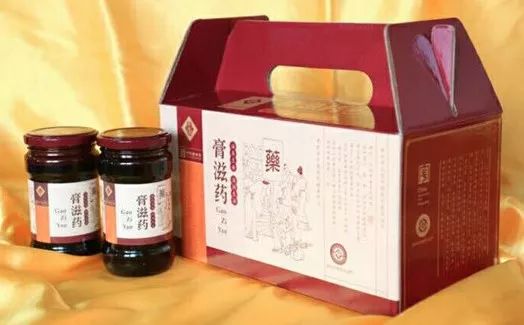
Pills refer to spherical or pill-like preparations made from finely powdered herbs or herbal extracts combined with suitable binding excipients. They are one of the four major forms of TCM, including pills, powders, pastes, and elixirs. TCM pills are the most prominent among these forms, with many Chinese patent medicines available in pill form, such as An Gong Niu Huang Wan (安宫牛黄丸), Liu Wei Di Huang Wan (六味地黄丸), and Xiangsayongwei Wan (香砂养胃丸). However, pills also have drawbacks, primarily that their production is time-consuming and labor-intensive. Additionally, regulatory issues in our country have limited the application of pills. In recent years, the relaxation of strict controls on TCM formulations has allowed pharmaceutical companies to prepare pills according to physicians’ prescriptions for patients. For specific details, refer to the article on “Preparation Techniques and Processes of TCM Pills.”Pillshave a slower onset of action but offer advantages such as accurate dosing, convenience in carrying, ease of consumption, and long shelf life.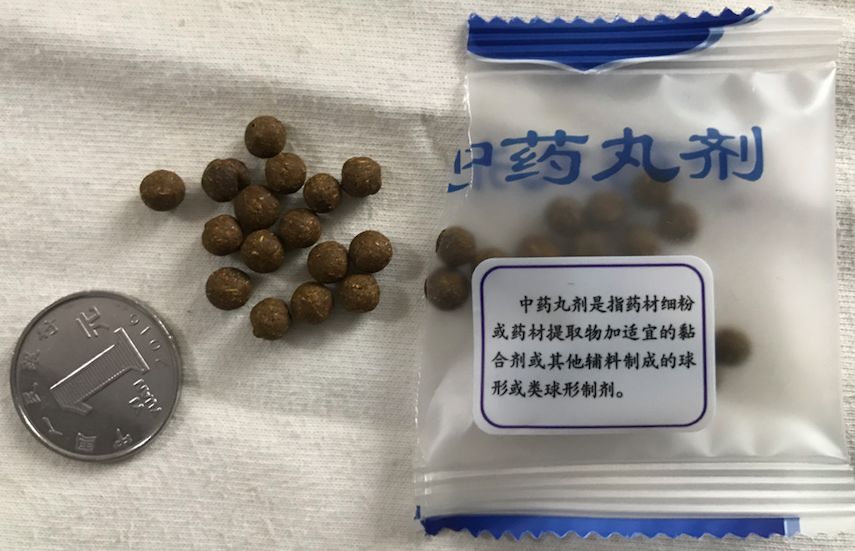
Each of the TCM formulations—decoctions, syrups, and pills—has its strengths. Decoctions retain many effective components, but they also have many drawbacks: they are labor-intensive, unpalatable, require large volumes to consume, have a bitter taste, and are not easy to carry. Syrups are a concentrated form of decoctions, and during the concentration process, some effective components may be reduced, but they are palatable and require a smaller dosage. Pills have a slower onset of action but offer advantages such as accurate dosing, convenience in carrying, ease of consumption, and long shelf life.Parents can choose the appropriate form based on their own circumstances and the child’s acceptance level.

